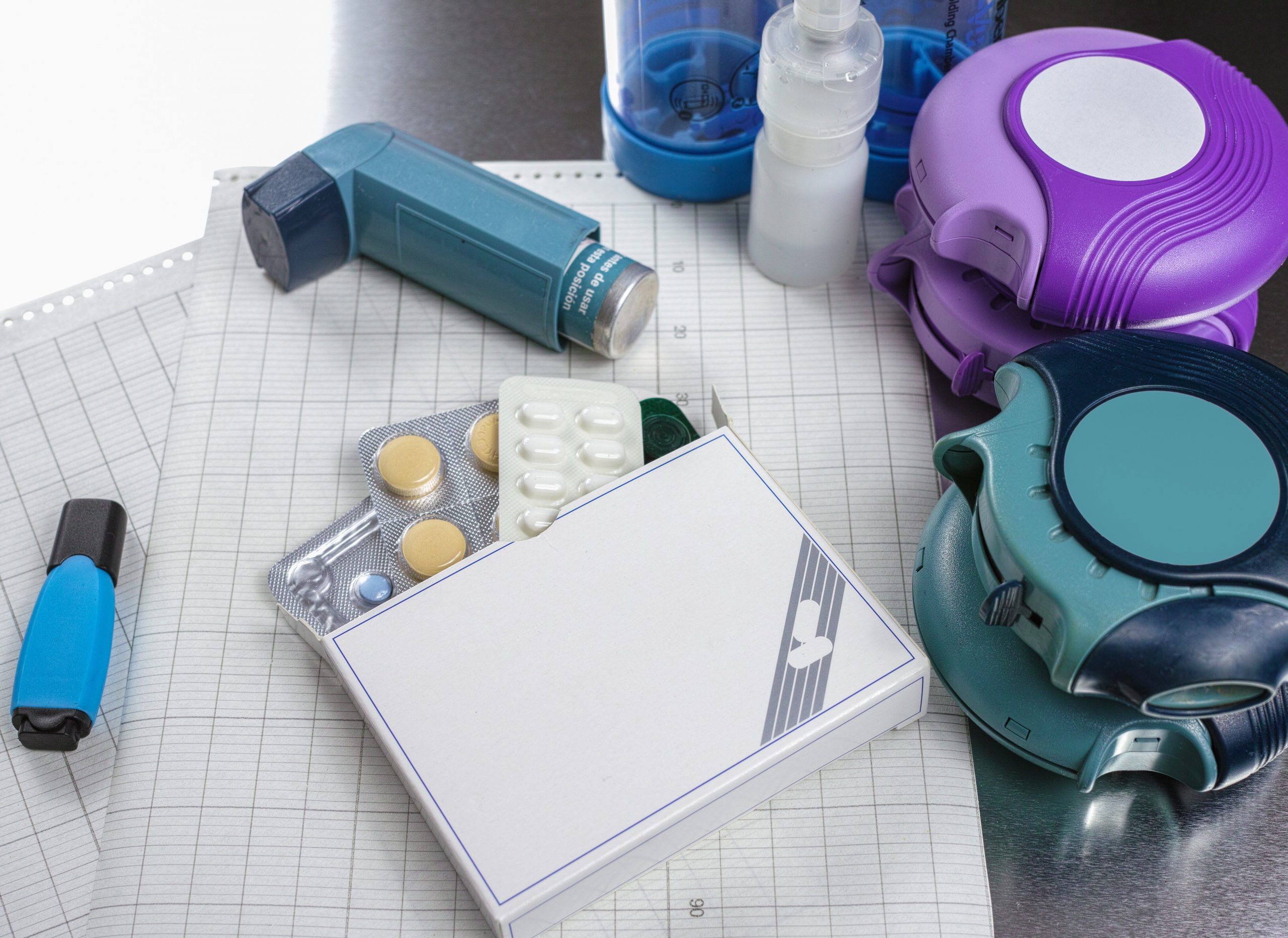
Ongoing shortages of a medication that hospitals and emergency rooms rely upon to treat breathing problems are likely to worsen in coming days and weeks, experts warn.
That’s because one of the two major U.S. suppliers of liquid albuterol, Akorn Pharmaceuticals, abruptly laid off its entire workforce and closed plants in New Jersey, New York and Illinois in late February.
“We’re down to just one plant that’s supplying liquid albuterol to all patients in the United States,” said Dr. Juanita Mora, a Chicago allergist/immunologist and volunteer spokesperson for the American Lung Association.
That remaining supplier of liquid albuterol, Nephron Pharmaceuticals, has had manufacturing issues of its own, exacerbating the situation even more, said Bayli Larson, a strategic initiatives associate with the American Society of Health-System Pharmacists (ASHP).
“Another phenomenon that could be at play is institutions, anticipating the shortage, may have increased their orders to ensure they had enough on hand,” Larson added. “ASHP discourages hoarding as a countermeasure to medication supply disruptions; however, some institutions feel they have to do it to avoid jeopardizing patient care.”
The shortage comes at an extremely inopportune time, Mora said.
“We are about to enter allergic asthma season, where pollen levels are going to begin to rise all throughout the United States,” Mora said. “And we know so many kids and adults suffer from allergic asthma symptoms and are already starting to see it now, even here in Chicago, because we’ve had such a mild winter. I have a second asthmatic person of the day today coming in wheezing.”
Albuterol acts upon the airways, helping them dilate to improve breathing. It’s used for a variety of breathing disorders, most commonly asthma and COPD, Mora said.
“It’s used by 25 million asthmatics in the United States — that includes 20 million adults and 5 million kids — and 24 million people with COPD or emphysema, plus anyone who suffers from any respiratory disease,” Mora said. “So this shortage is definitely concerning to the medical community.”
Liquid albuterol is typically used by emergency rooms to help people who are having a dire breathing problem. The medication is administered from a nebulizer via a mouthpiece or face mask.
Some families with asthmatic children also use liquid albuterol in home nebulizers to help the kids breathe easier, Mora said. She’s already heard from parents who are unable to find liquid albuterol or refill it in pharmacies.
However, albuterol inhalers are in stock and readily available, Mora and Larson said.
Mora is recommending that all her patients have their albuterol inhaler up to date and current.
“Usually each of the canisters has 200 doses. That should carry them for a long time. It works just as well as the albuterol liquid,” Mora said.
If people rely on inhalers at home, that will help ease shortages among hospitals and emergency rooms, Mora said.
“I’m telling people not to go ahead and try to fill liquid albuterol and hoard it,” Mora said. “Let the albuterol liquid that’s currently available hit the hospitals and emergency departments where kids and adults are going in with asthma exacerbations or COPD exacerbations or emphysema.”
But there are insurance problems with that approach, said Dr. Paul Williams, president-elect for the American Academy of Allergy, Asthma and Immunology.
“There are some populations that currently will probably suffer from not having liquid albuterol. One is the Medicare population, because currently liquid albuterol is covered under Medicare Part B, whereas the metered dose inhalers are covered under Part D,” Williams said. “So patients have out-of-pocket expenses associated with inhalers. I would often have patients who couldn’t afford to buy their inhalers, but would do OK with the nebulizer.”
It’s also more difficult to use inhalers to treat infants and disabled people with breathing problems, Williams said.
“But I think if we limit the use of liquid albuterol to populations that really need it, that shortage can be mitigated to some degree,” Williams added.
The trouble began last May when Nephron, which makes generics, issued a voluntary nationwide recall of 2.1 million doses of various medications, according to the U.S. Food and Drug Administration. The company cited sterility issues as a reason for the recall.
In October 2022, the FDA sent Nephron a warning letter summarizing “significant violations” found during inspections in March through April 2022. As a result of these manufacturing issues, liquid albuterol has been on back order from Nephron.
The federal government is now working with Nephron to speed up production and increase supply, Mora said. It’s also looking into importing foreign supplies of liquid albuterol to help the nation get through the shortage.
There also are alternatives to liquid albuterol available to doctors, such as Xopenex (levalbuterol), Mora said.
“It’s more expensive, but it is available in liquid and in inhaler form as well, so they’re trying to up their supplies, too, to help with the shortage,” Mora said.
Aside from having an albuterol inhaler on hand, Mora is encouraging patients to craft an asthma action plan with their doctor so they know what to do in case of an emergency.
Patients with asthma also should make sure they faithfully take any other medicines they’ve been prescribed to control their condition, to reduce the risk they’ll need treatment in a hospital or ER, Larson said.
More information
The American Lung Association has more about lung health and diseases.
SOURCES: Juanita Mora, MD, Chicago allergist/immunologist and volunteer spokesperson, American Lung Association; Bayli Larson, PharmD, strategic initiatives associate, American Society of Health-System Pharmacists; Paul Williams, MD, president-elect, American Academy of Allergy, Asthma and Immunology
Source: HealthDay

Leave a Reply